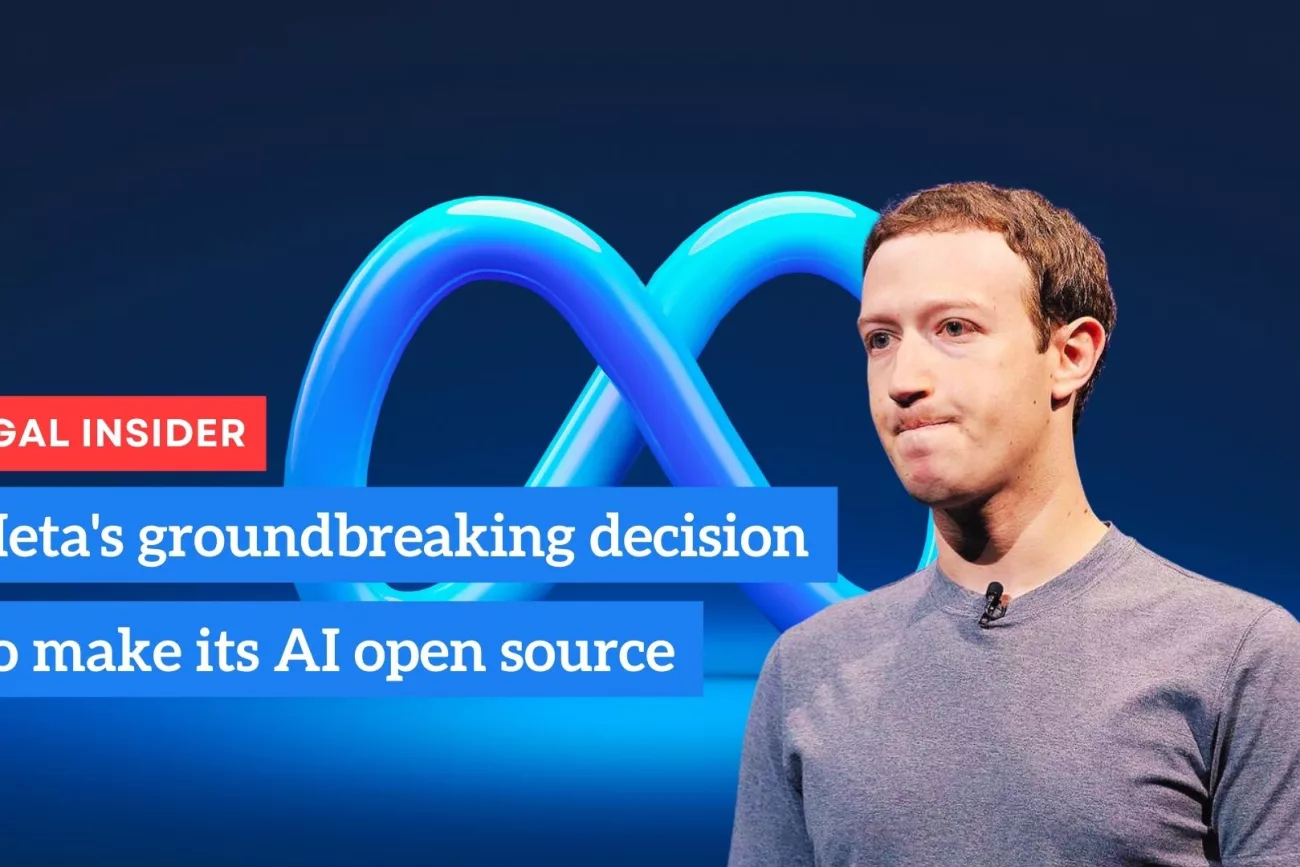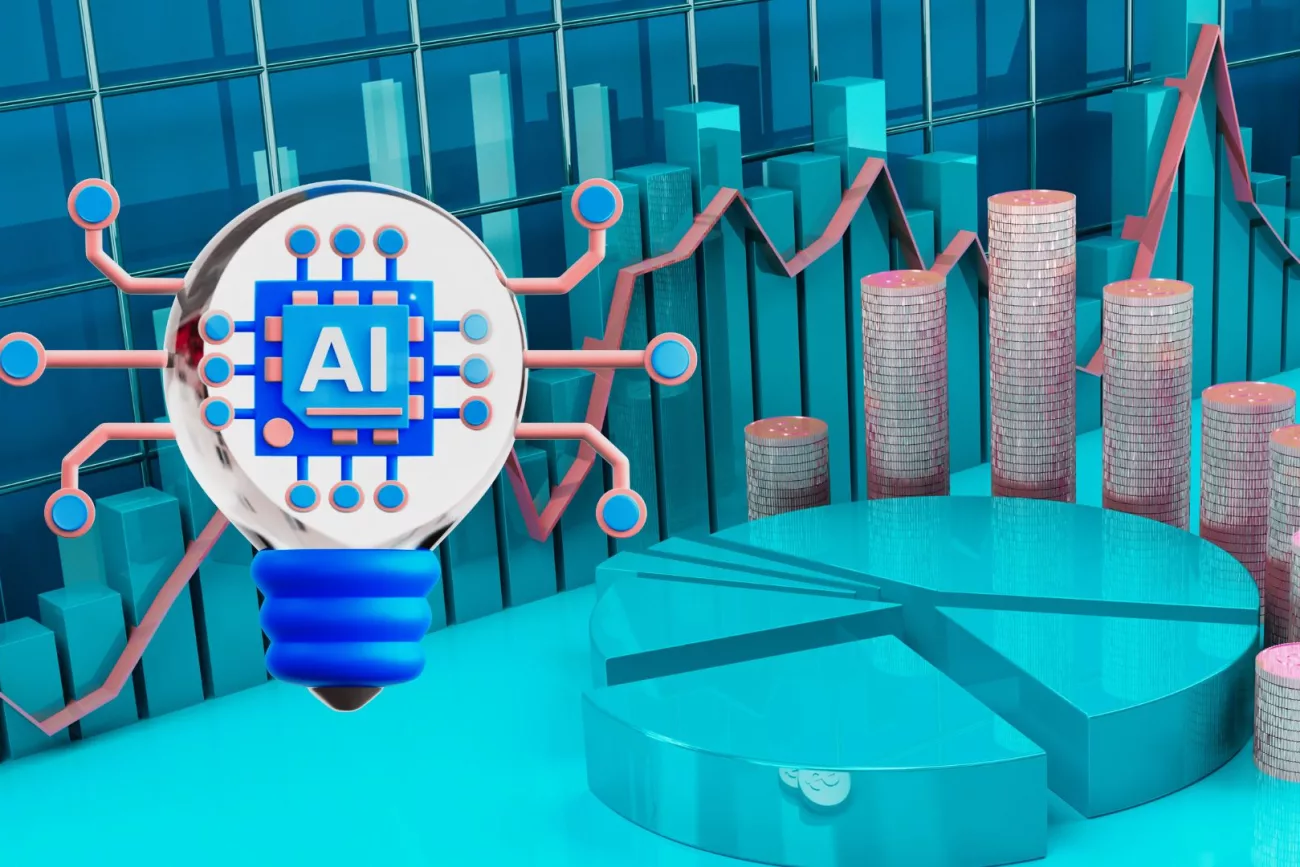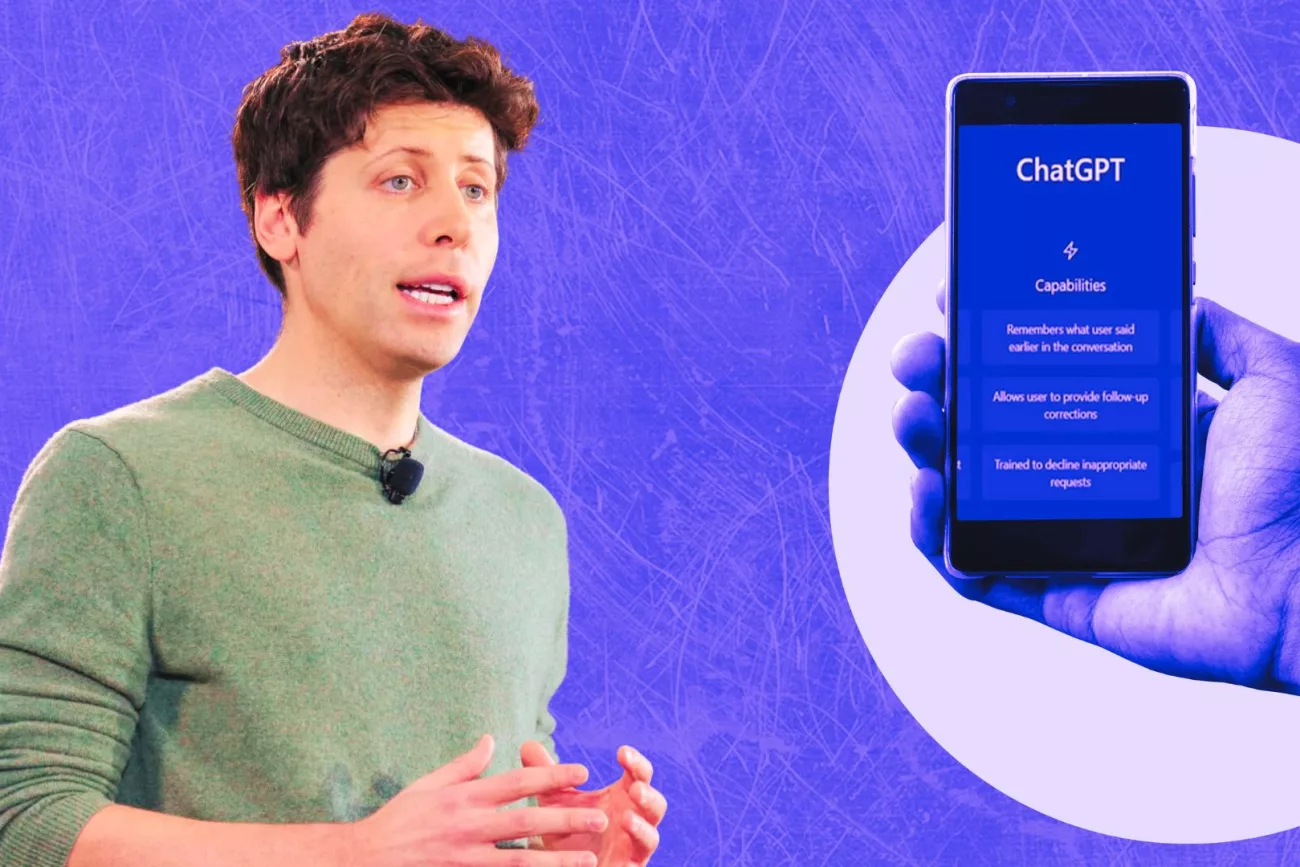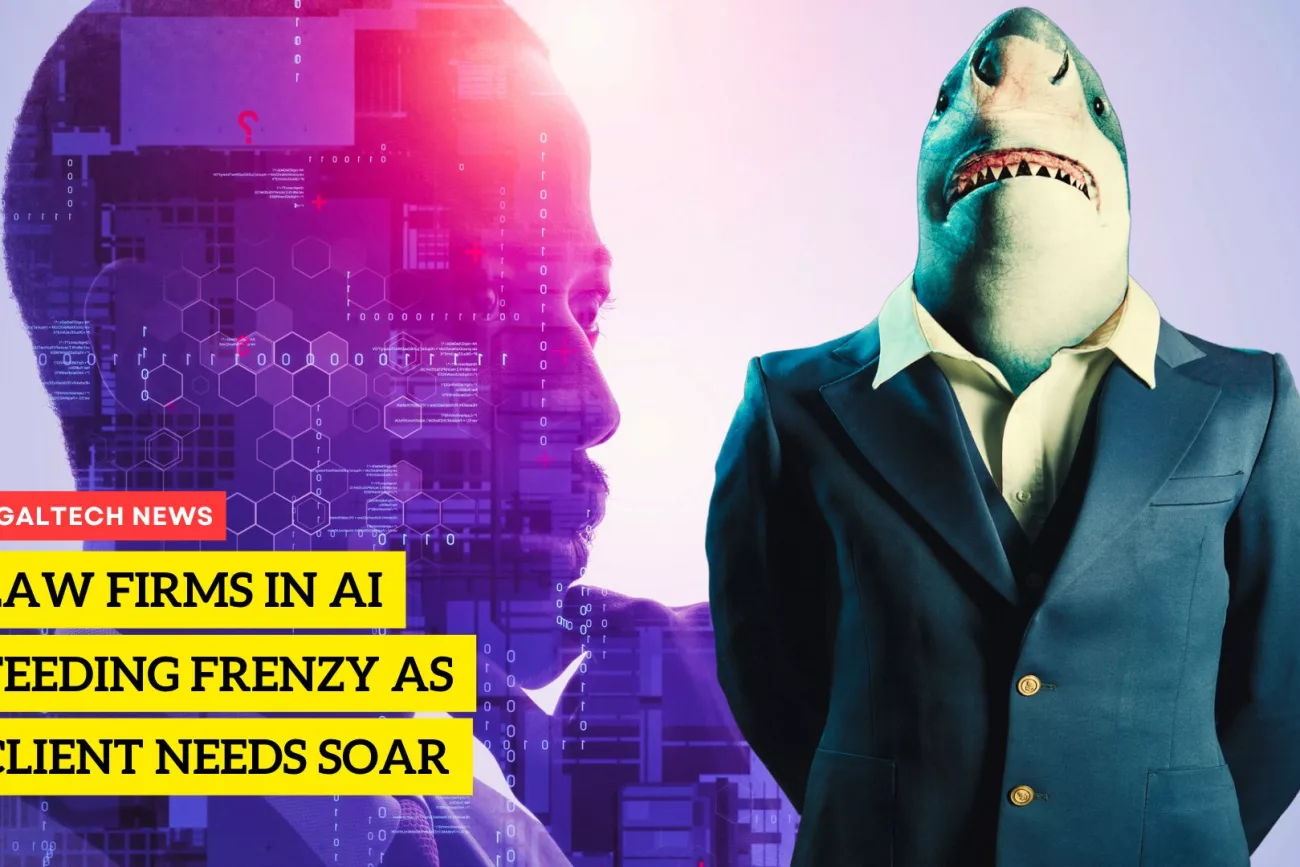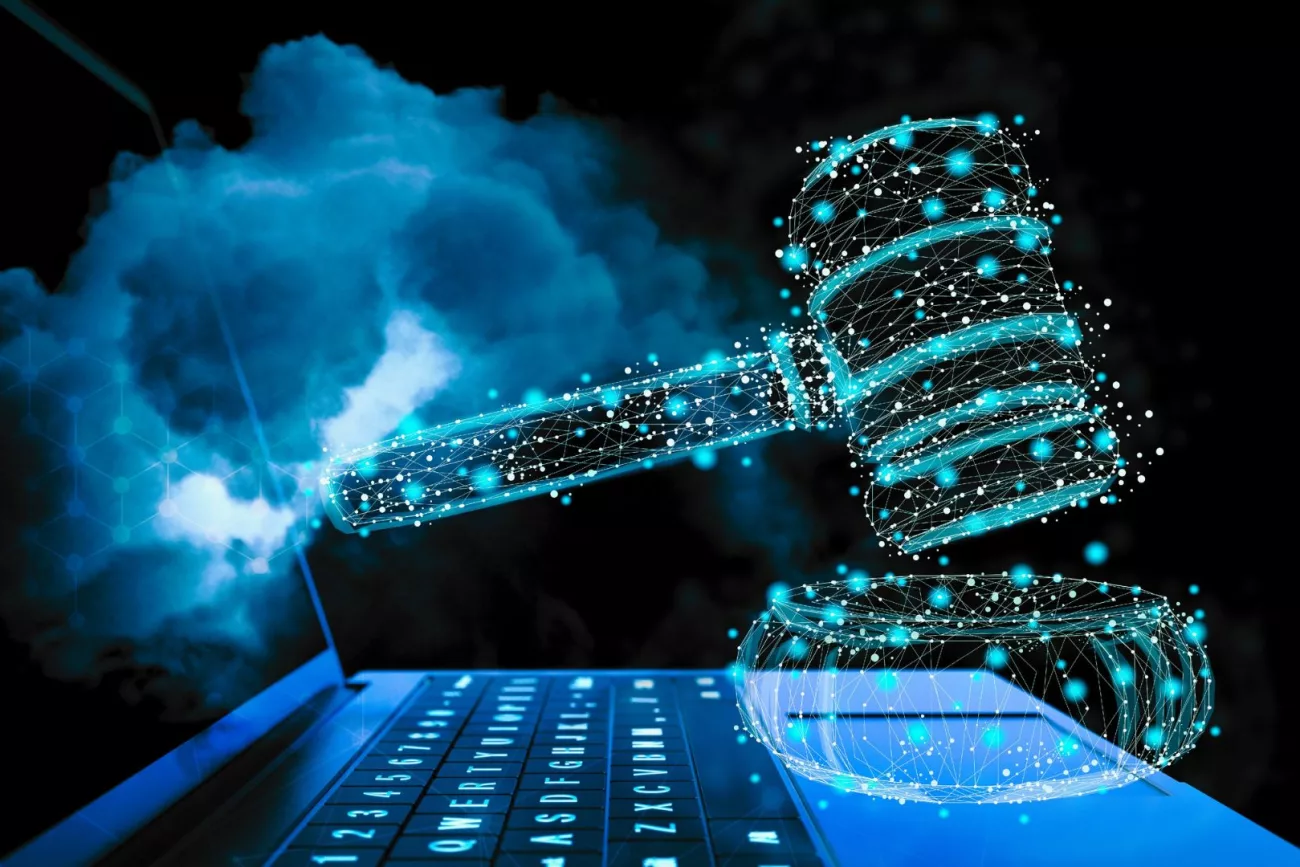
The Legal Apocalypse: AI’s First Wave of Disruption
Just a decade ago, doomsayers predicted AI would decimate the legal profession, leaving lawyers jobless and obsolete. Yet, against all odds, the legal industry has grown faster than the American workforce. Although AI has automated tasks like document search and review, the legal profession has continued to flourish.
AI Strikes Back: The Rise of ChatGPT-Style Software
Brace yourselves for a new AI revolution, as ChatGPT-style software, boasting human-like language fluency, threatens to shake up the legal landscape. While these cutting-edge AI technologies may have their flaws, such as concocting fake legal citations, experts argue these issues are merely growing pains that will ultimately lead to a more robust and efficient legal industry.
Legal Professionals in the AI Crosshairs
The legal profession is considered especially vulnerable to AI advancements since lawyers are, at their core, “word merchants.” With new AI technologies now able to recognize, analyze, and generate text in a flash, they stand ready to take on tasks central to legal work.
The AI Tidal Wave: Slow and Steady
Despite AI’s potential to disrupt the legal profession, its integration is more likely to be a gradual transformation rather than a sudden tsunami. While some jobs may vanish, AI technologies can also supercharge the productivity of lawyers and paralegals, even creating entirely new roles, similar to the impact of the personal computer and the internet.
Legal Professionals at the Forefront of AI Disruption
The legal profession is particularly vulnerable to AI advancements, as lawyers are fundamentally “word merchants.” With AI technologies now able to recognize, analyze, and generate text instantly, they’re prepared to tackle tasks central to legal work.
For example, the AI-powered legal research platform ROSS Intelligence can analyze millions of legal documents in seconds, streamlining legal research and providing valuable insights to lawyers.
Embracing AI: A Gradual Transformation
Rather than a sudden upheaval, the integration of AI into the legal profession is more likely to be a gradual transformation. While some jobs may be eliminated, AI technologies can also enhance lawyers’ and paralegals’ productivity, create new roles, and improve client outcomes.
Consider the case of DoNotPay, an AI-powered “robot lawyer” that has helped thousands of people successfully contest parking tickets, file for unemployment, and navigate complex legal processes.
AI Adoption: Eye-Opening Research and Forecasts
A groundbreaking study by researchers at Princeton University, the University of Pennsylvania, and New York University concluded that the industry most exposed to new AI technologies is “legal services.” Moreover, a bombshell Goldman Sachs report estimated that a whopping 44% of legal work could be automated, second only to office and administrative support jobs at 46%. As AI technology advances, an OpenAI and University of Pennsylvania study discovered that an astonishing 80% of American workers will have at least 10% of their tasks revolutionized by AI software.
AI’s Legal Takeover: A Brave New World
Embracing AI in the legal sector will undoubtedly lead to a completely new landscape, teeming with opportunities and challenges for legal professionals. As AI continues to advance and integrate, it will redefine legal work and spawn new roles, helping lawyers and paralegals become more efficient and productive.
The Verdict on AI in Law
The rise of AI technologies like ChatGPT presents both exciting opportunities and daunting challenges for the legal profession. While some jobs may disappear, many others will be enhanced or newly created, and AI will progressively reshape the legal landscape, making the industry more efficient and effective than ever before.



